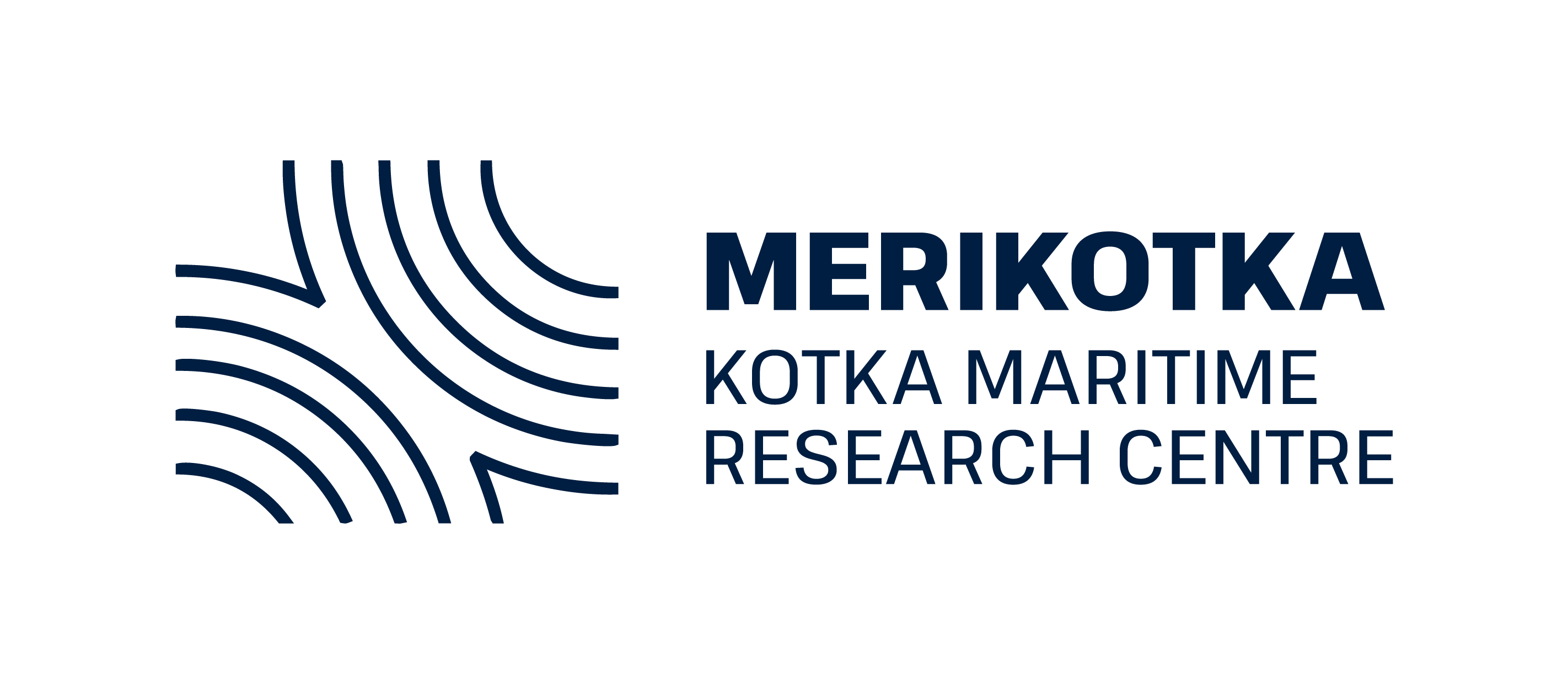Researchers of the University of Helsinki, Aalto University, South-Eastern Finland University of Applied Science, and Kotka Maritime Research Association have published a scientific article presenting a new science-based toolkit for organisers of environmental disaster response trainings. The article is published in the International Journal of Disaster Risk Reduction and is one of the outputs from the Merikotka-driven project SIMREC, co-funded by the European Union.
The diversity and frequency of major environmental disasters such as hurricanes, floods, and wildfires are growing globally. Major oil and other chemical accidents form one type of environmental disasters as well. Typical for the disaster management operations is that they call for effective collaborative response activities across organisational, sectoral and, in many cases also national borders. However, different operational systems, cultures, and norms of the participating agencies may hamper the collaboration. Multi-agent disaster response simulations help creating shared understanding of how the collaborative response activities should be implemented and thereby improve preparedness and resilience of communities.
In the article, the researchers pay specific attention to shared situational awareness among the response actors as a key to successful cooperative disaster management. They suggest a novel protocol for analysing the formation of such joint awareness during the response exercises.
The suggested protocol consists of thematic series of analytical questions and practical indicators to be monitored during the response exercises. It provides the training organisers a structured framework for identifying critical issues to be practiced with a particular team, or to be developed in terms of a certain exercise. This supports the planning of optimal disaster response trainings in the future.


